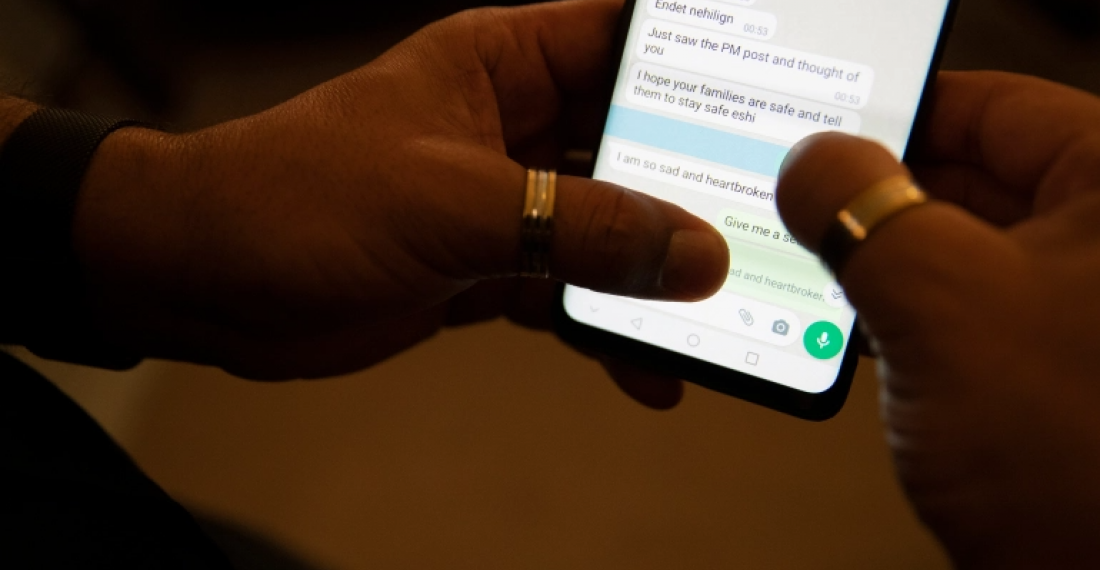The Associated Press reported that a senior Ethiopian government official claimed that there is no timeline for restoring internet access to the Tigray Region, despite claims from the government in November that it would restore basic services.
Belete Molla, Ethiopia’s minister for innovation and technology, addressed the UN’s annual Internet Governance Forum on Tuesday (29 November), arguing that internet service will be restored along with its phone electricity services in the Tigray region, however no timeline has been set for these goals. The Ethiopian Prime Minister, Abiy Ahmed, has defended the shutdown as he claimed that internet facilitated the spread of misinformation while the Ethiopian government was fighting rebellions in the northern region.
The restrictions imposed by the Ethiopian government has left 5 million people in Tigray without internet, telecommunications and banking since the war that broke out in November 2020 between federal government troops and the Tigray People’s Liberation Front. Although a ceasefire deal implemented in South Africa required Ethiopia to restore Tigray’s basic services, communication blackouts have not been lifted yet.
The situation is more dire given that since renewed fighting in August, aid deliveries have been halted to the Tigray region. Furthermore, the communications blackout hampering aid has encouraged human right abuses while parties have been misusing aid for fuelling the conflict. UN investigators have accused all sides of abuses which include killings, rape and torture. Although since the ceasefire delivery of aid took off again, the World Food Programme claimed last week that parts of the region remain “constrained”.
The UN was criticised for deciding to have its event on internet access in Addis Ababa in spite of the sanctions not being lifted in the Tigray region. This year’s conference aims to set the stage for implementing “universal, affordable and meaningful connectivity” especially in Africa where 60% of the population remains offline.







